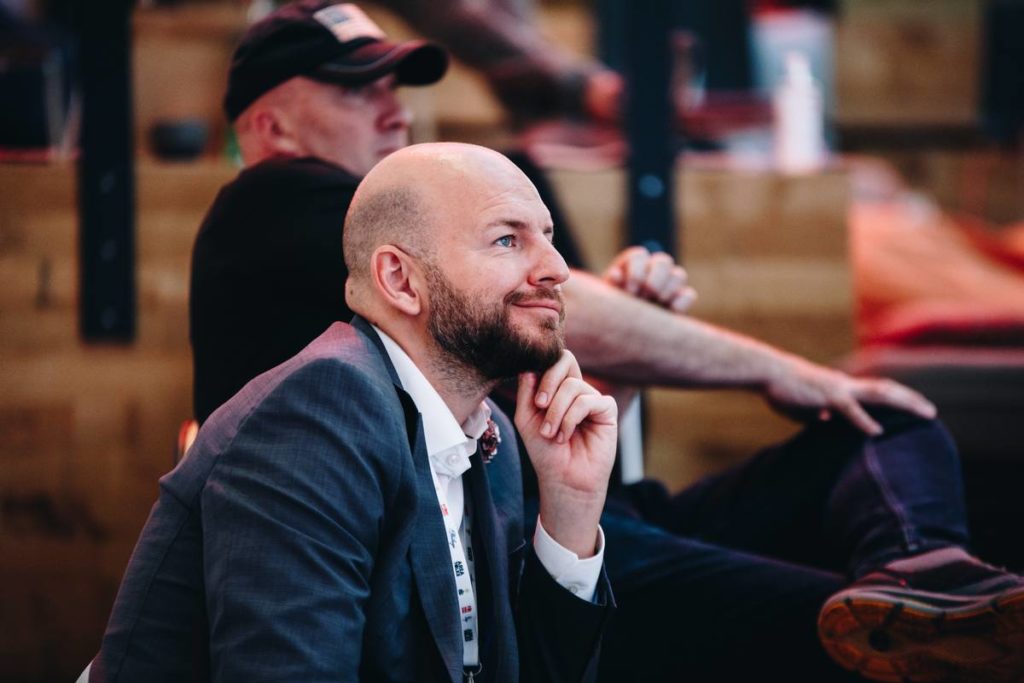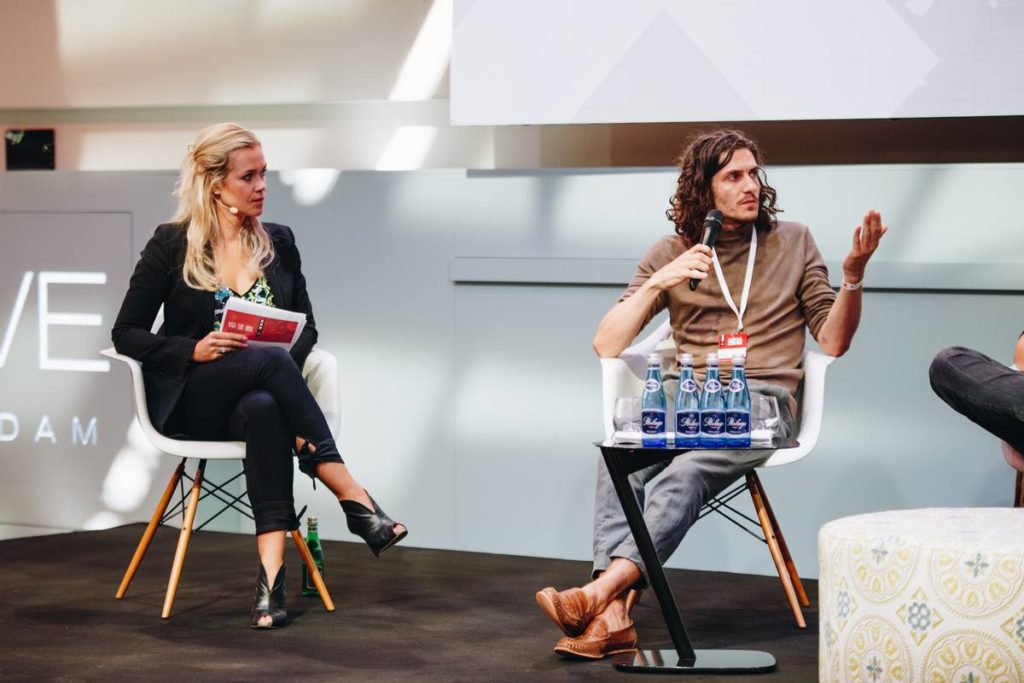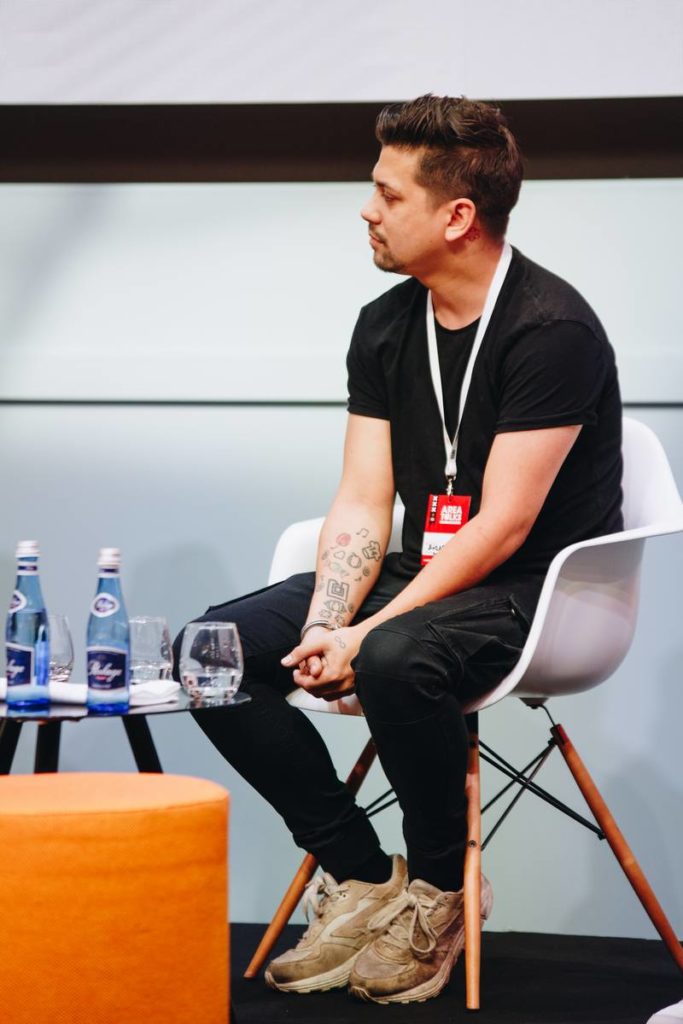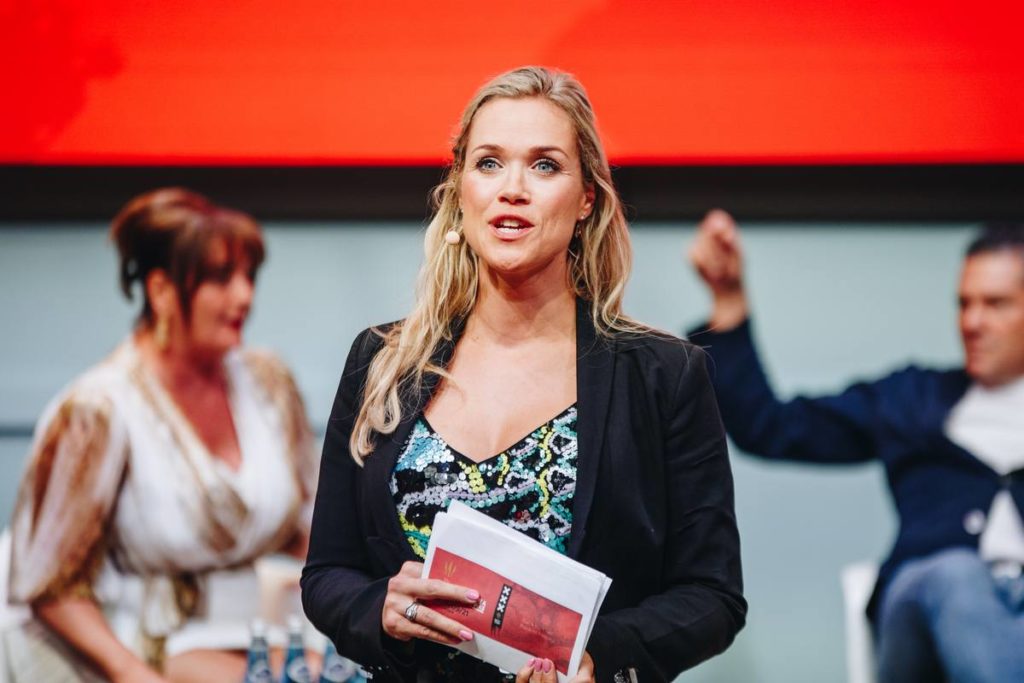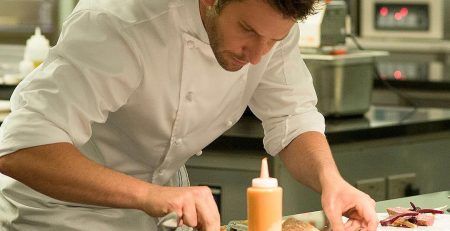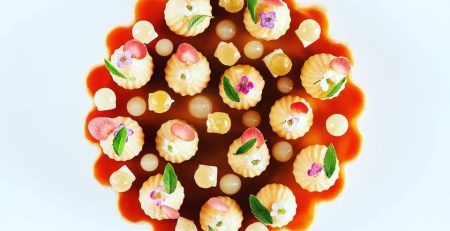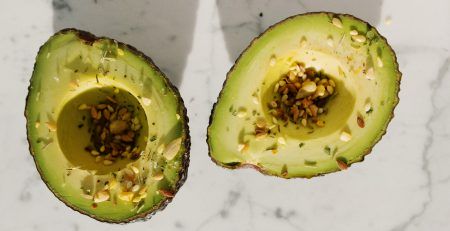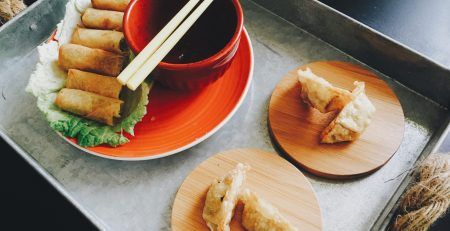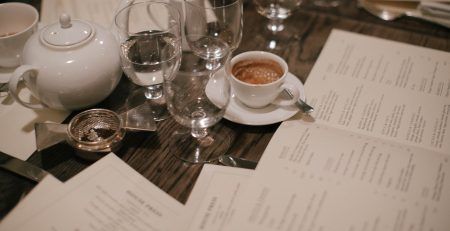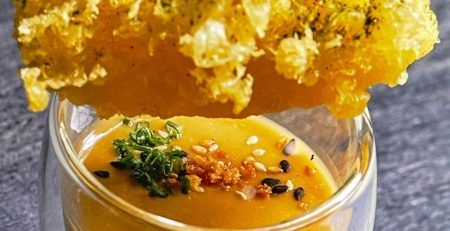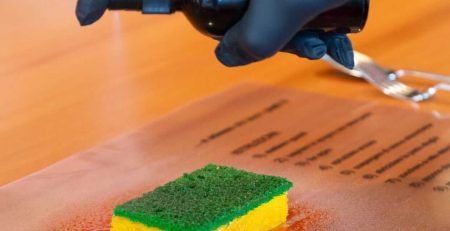Addiction, sexism, long working hours… The dark side of gastronomy has recently become a very popular topic. And what about bright sides?
We were talking about these issues with our panel’s guests.
Our guests were:
Syrco Bakker from Pure C Restaurant – a very adventurous and dedicated chef and talented culinary artist. Michael van der Kroft, who has begun combining sporting activities with work in the kitchen. Jermain De Rozario – owner of De Rozario in Helmand since 2016; Tim Goldsteijn, who is really a modern gastronomist and scientist from the Bougainville restaurant. Connecting online with us is Rodolfo Guzman, who has been building his restaurant Borago, based in Chile, since the end of 2006.
Life beyond the kitchen
Jermain De Rozario emphasizes that each of us has a dark side. The world is changing, he believes that now is the time for that business to change too.
Some chefs follow their passion for cooking and completely forget about life beyond the kitchen. When Covid 19 forced them to close their restaurants, many of them didn’t know what to do with their free time. It was a really difficult period. This issue was also raised by Michael van der Kroft.
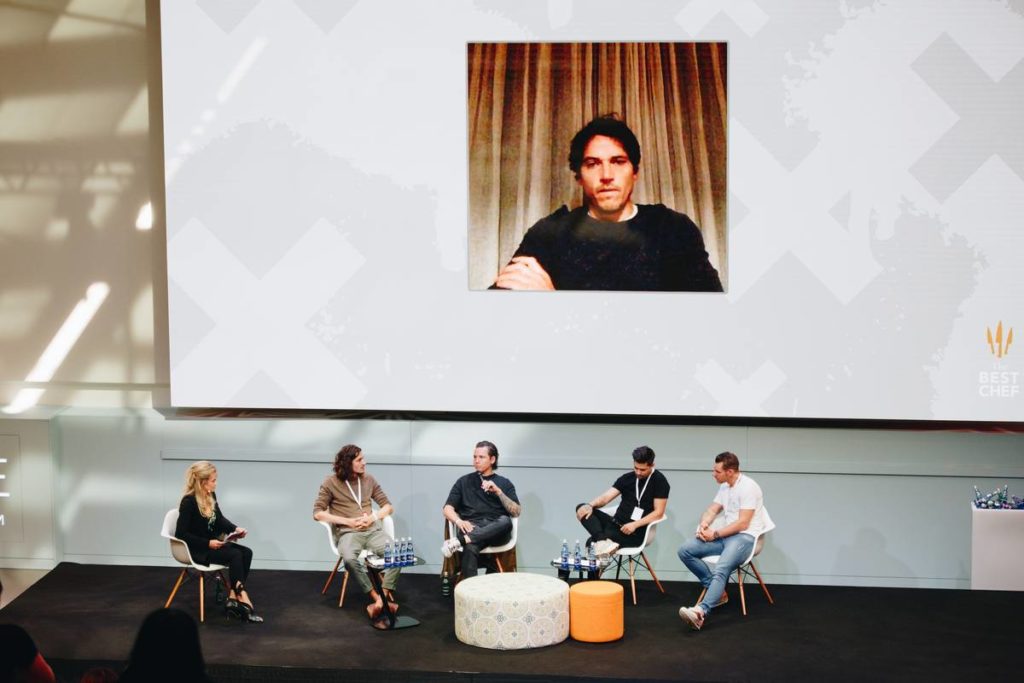
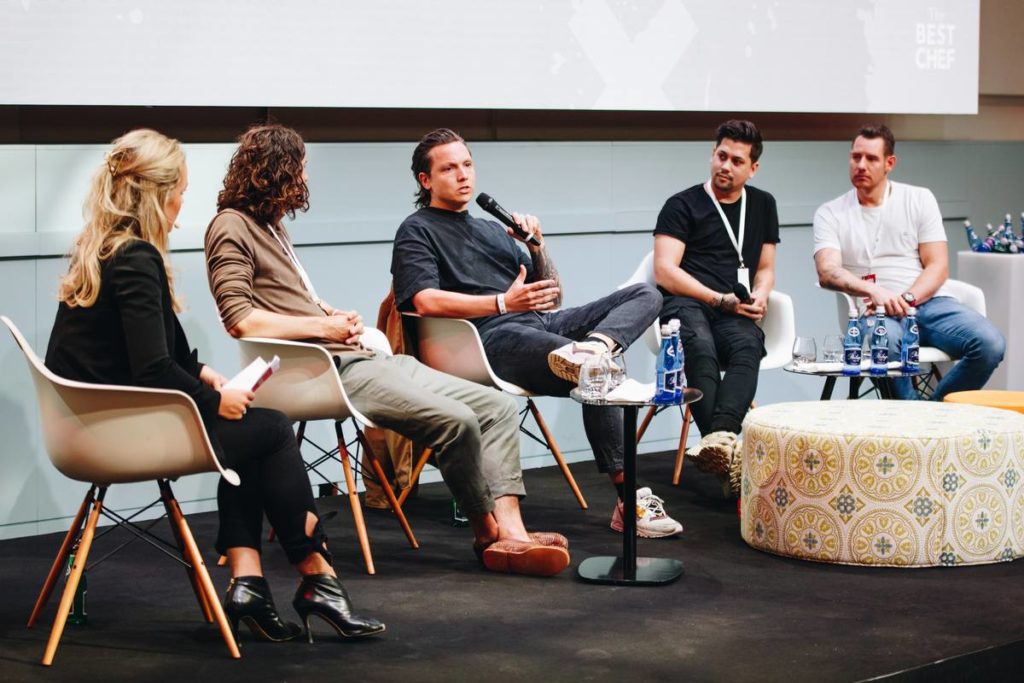
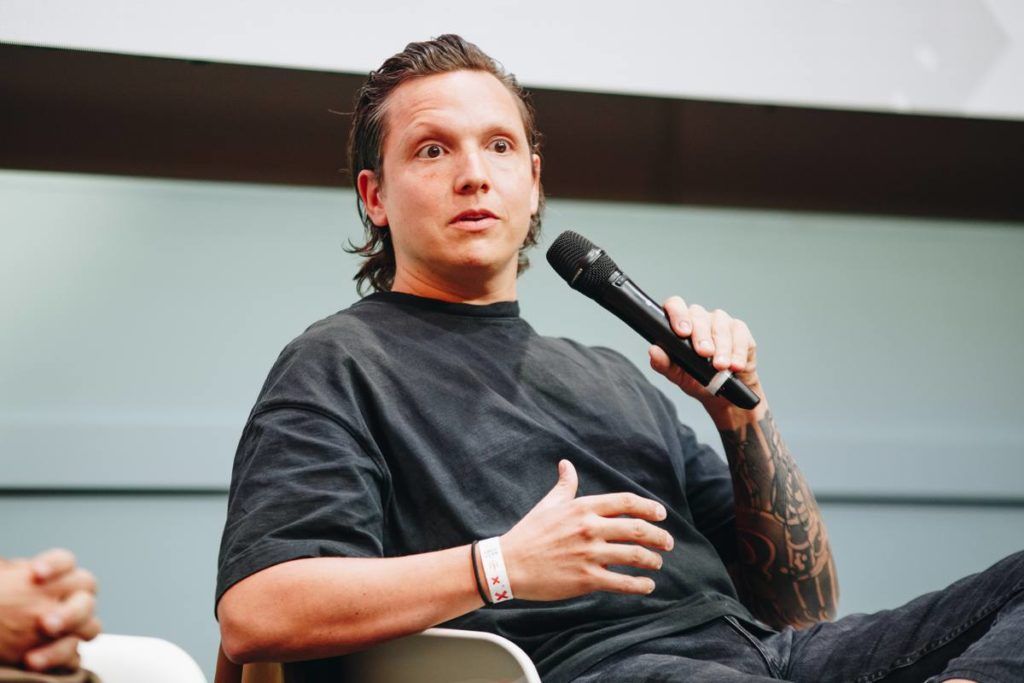
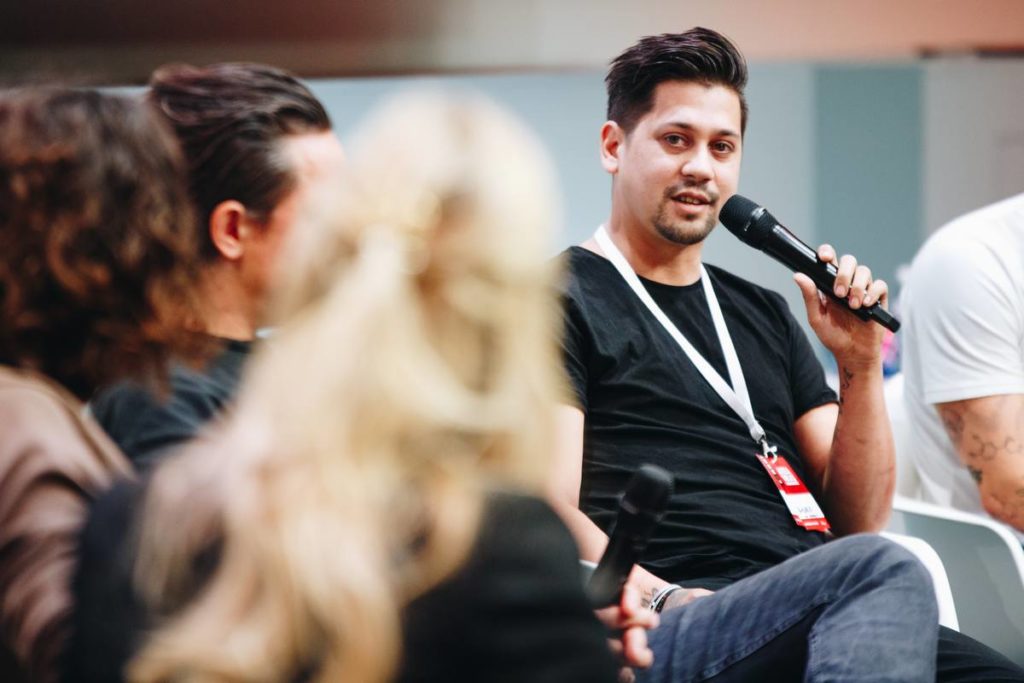
Relentlessly under pressure
Pressure undoubtedly still accompanies chefs, but also team members. How to deal with it? Our panel guests talked about the importance of establishing a conversation with the team. Talking about what everyone wants to achieve, and subsequently trying to be supportive is very important. Taking care of the team is key. But, of course, at the same time, you can’t neglect coaching, practice, and training. You must find a balance between practice, learning, responsibilities, and your own beliefs and goals.
Working 10 to 13 hours a day without getting paid.
Students often work 10 to 13hours without getting paid, just to learn. This is certainly one of the dark sides of gastronomy, but Tim Goldsteijn points out that you can’t become a chef in one year. Everyone needs to practice, learn techniques. It takes a lot of time, but it is necessary.
‘In cooking you need to practice. There is no other way. We aren’t engineers, we are artisans,’ said Rudolfo Guzman
Our guests emphasize that practice and the time spent learning are essential. However, today young students no longer want to work 12 to 13 hours. They aren’t used to it; they only know the bright sides of gastronomy from social media. There is a discrepancy here between what school teaches and what people encounter during a typical workday. Michael van der Kroft pointed out that, often, the school lags behind, doesn’t follow new trends, new techniques.
Nevertheless, Tim Goldsteijn said it is time to find a way to make this business more attractive and invest in people, especially students.
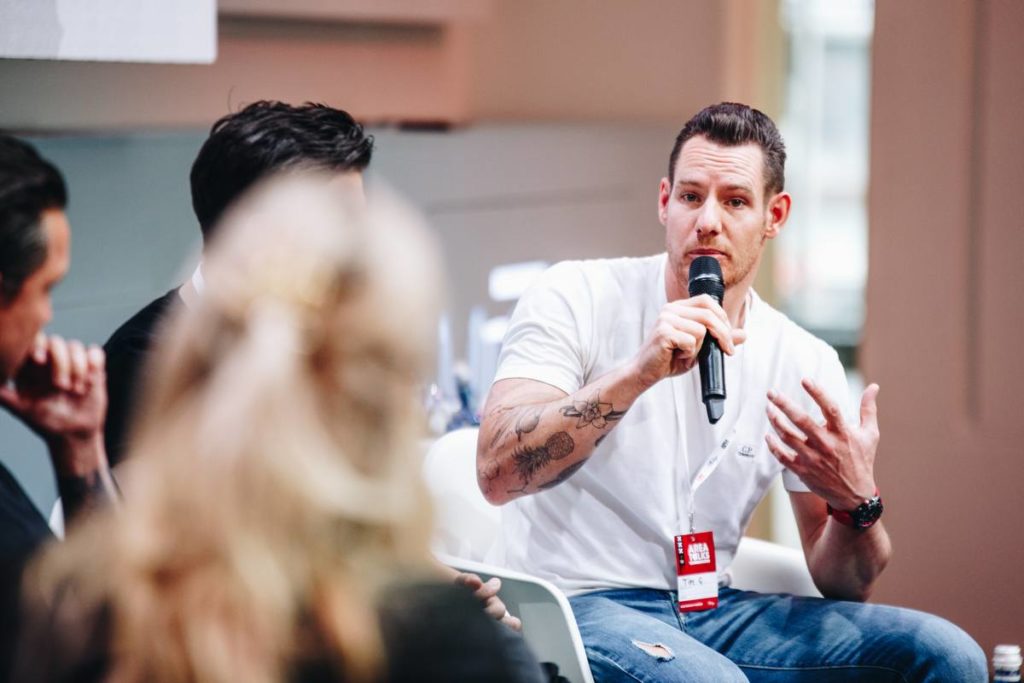
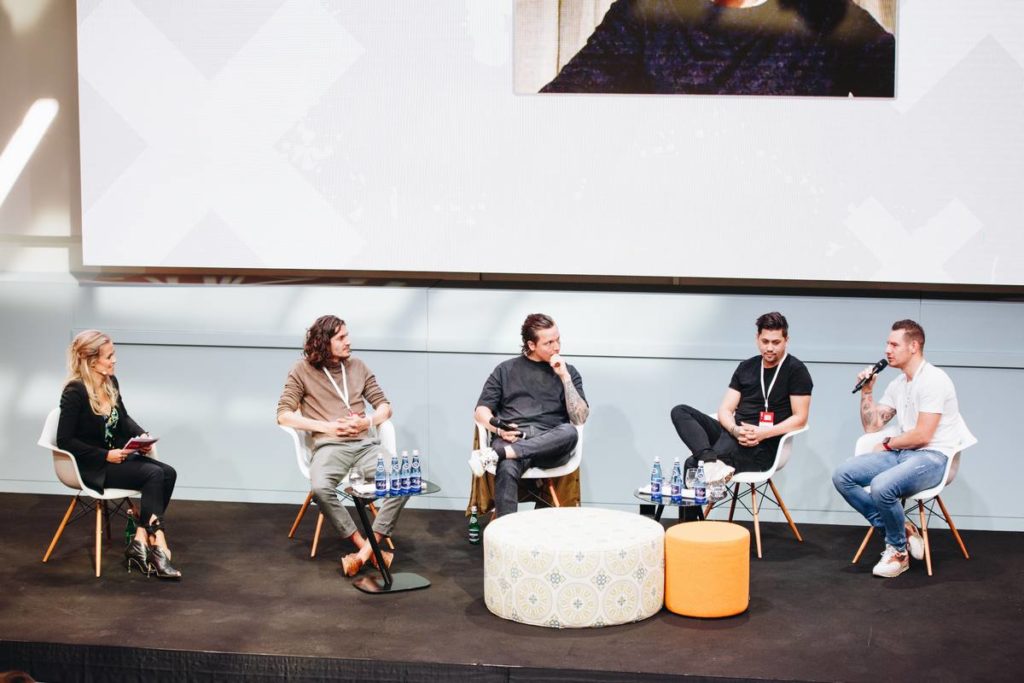
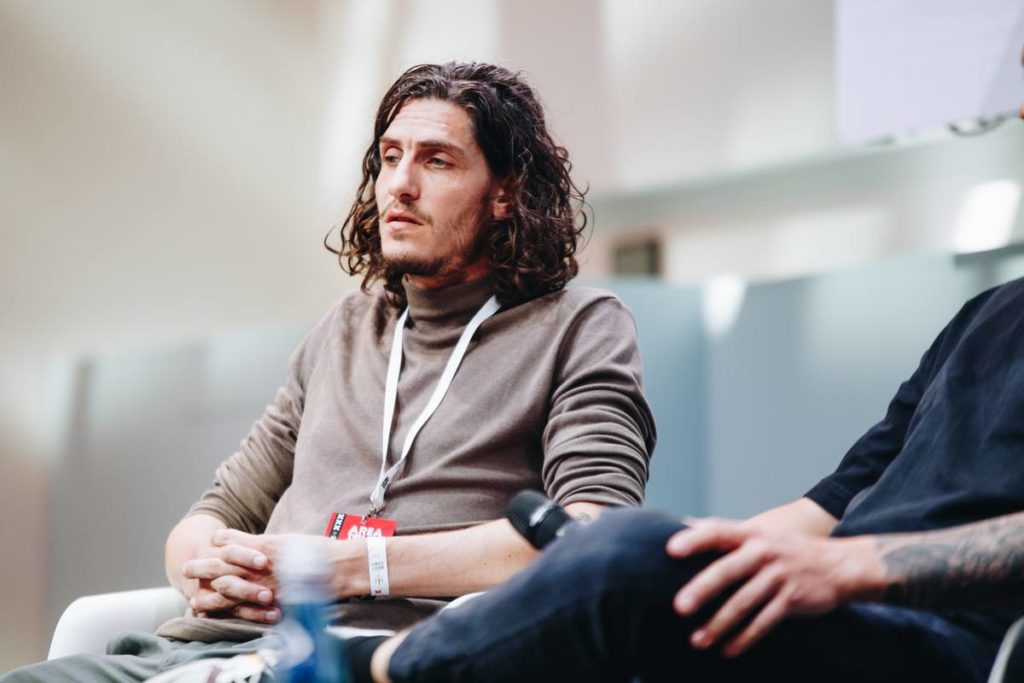
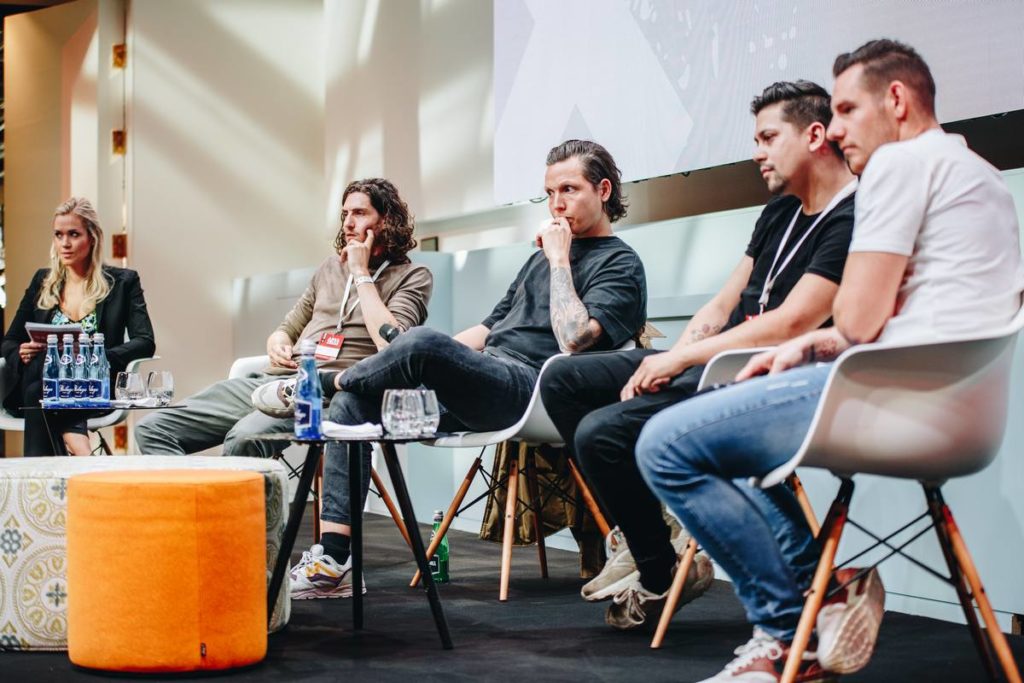
What has changed during the pandemic?
Our guests pointed out many changes. Rodolfo said they had to be very focused on their business, their guests under new circumstances. They had to be more organized because they had fewer hours to work with. There were fewer people working in the kitchen, which required better collaboration. Everyone had to be more efficient. It was a challenge but, in all of this, there was also more peace, less haste, and more appreciation for life.
Follow your dream
Guests go to a restaurant to have an amazing time and experience. Let’s be honest, a lot is going on behind the scenes, especially for the chefs. You are working with teams in a very stressful environment for long hours. In this difficult situation, Syrco Bakker sees a good side, he noted that they don’t work in hospitality for profit or money: ‘You do it because you are following your dream, following your passion, and what value we create.’
If you want to hear more about the difficulties top restaurant chefs face, like closed borders, or the problem of restaurant closing times, watch the full discussion.
